This issue was raised at the Conference of National Assembly Deputies working full-time to give opinions on the Draft Law on Value Added Tax (VAT) amendment on the morning of August 29.

The review agency, the Finance and Budget Committee, said that many opinions agreed to change fertilizers, machinery, specialized equipment for agricultural production, and fishing vessels from non-taxable to 5% taxable. However, many also proposed to keep the current regulations and requested to carefully assess the impact of the policy change from the perspective of the production industry as well as from the perspective of the impact on consumers.
Other opinions suggest regulating fertilizers to be subject to a 0% or 2% tax rate and to be deductible for input VAT, or suggest increasing taxes on these items according to a roadmap.
In the review agency, there are still two streams of opinion, so the draft is presented according to two options in Clause 2, Article 9 of the draft law.
Expressing his opinion, delegate Duong Khac Mai ( Dak Nong delegation) said that if fertilizers were included in the VAT tax group with a tax rate of 5%, it could solve problems for businesses, but it would certainly increase fertilizer prices, affecting agricultural production and farmers' lives.

Citing the report on receiving, explaining and revising the draft law, some people said that if fertilizer production enterprises are taxed, the cost will be reduced, but he said that it is impossible to guarantee whether the reduction in fertilizer prices "will happen or not". Because, the business of enterprises operates according to the market. The State cannot force enterprises to reduce fertilizer prices. Therefore, Mr. Duong Khac Mai proposed to keep the current regulations.
Vice Chairman of the Law Committee Nguyen Truong Giang analyzed that VAT is an indirect tax, levied directly on consumers. If we think that tax is imposed to reduce selling price, it is not convincing and cost price and selling price are different. The selling price may be below cost price, but in the context of a market economy, it is important to be consistent with international standards.
According to the drafting agency's assessment, if the 5% VAT is applied as proposed, the government will collect about 5,700 billion VND. After deducting about 1,500 billion VND, the government will collect about 4,200 billion VND. However, Mr. Nguyen Truong Giang informed that economic experts said that the budget will not collect such an amount.

Therefore, according to Mr. Nguyen Truong Giang, it is necessary to make the most accurate assessment of how much businesses will be refunded if VAT is levied at 5%, how much the budget will collect, and how much the people will be affected.
“Recently, to restore the economy, we tried to reduce VAT by 2% to stimulate consumption, but now imposing VAT at 5% to reduce selling prices is not appropriate,” he noted once again.
Speaking further on this issue, delegate Trinh Xuan An, Standing Member of the National Defense and Security Committee, said that it is necessary to look at the whole picture and not rely on price increases or decreases to decide on policies.
“An agriculturally developed country like Vietnam without a proper and dignified domestic fertilizer production industry, and whose policies have to be adjusted up and down, is not good,” said Mr. Trinh Xuan An, emphasizing that Vietnam needs a modern fertilizer production industry, equal to the world, and cannot depend on the import market.
"If the fertilizer industry produces good fertilizer, people will benefit, society will benefit, and the agricultural sector will benefit," he said.
Delegate Trinh Xuan An supported the view of the Finance and Budget Committee that if a 5% VAT is applied, domestic manufacturing enterprises will have room to reduce their selling prices, meaning they do not have to reduce prices immediately. This also creates an opportunity for import enterprises to collect taxes.
“If we keep talking about tax increases or decreases, we will never be able to solve this problem. If we leave it like that, the story of the fertilizer industry will continue as it was 10 years ago, still dependent on the world,” Mr. An stated his opinion.

To harmonize the interests of businesses and farmers, delegate Dinh Ngoc Minh, full-time member of the Economic Committee, proposed to include fertilizers in the list of taxable goods, applying a 0% tax rate, so that businesses can still receive tax refunds, encouraging agricultural development.
In response, Mr. Trinh Xuan An said that the 0% tax rate is only applied to exported goods, according to the provisions of the VAT Law. Not to mention, if the 0% tax rate is applied so that businesses can deduct and refund taxes, it is unreasonable to have to spend the budget to refund.
"Where does the budget come from to pay when there is no recorded revenue?", Mr. Trinh Xuan An wondered.
Source: https://vov.vn/kinh-te/co-nen-danh-thue-vat-5-voi-phan-bon-post1117526.vov





![[Photo] Keep your warehouse safe in all situations](https://vphoto.vietnam.vn/thumb/1200x675/vietnam/resource/IMAGE/2025/10/1/3eb4eceafe68497989865e7faa4e4d0e)




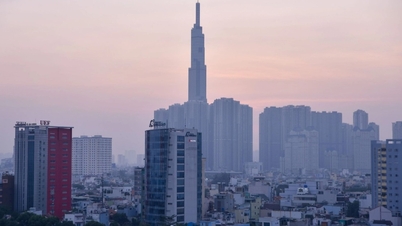



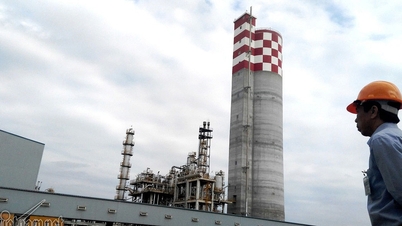

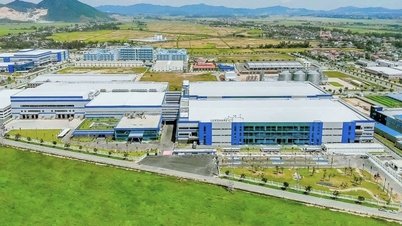





















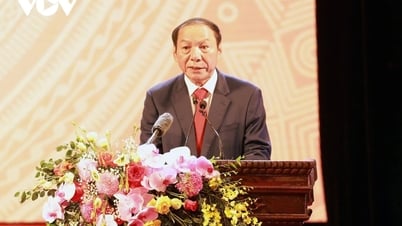

![[Photo] President of the Cuban National Assembly visits President Ho Chi Minh's Mausoleum](https://vphoto.vietnam.vn/thumb/1200x675/vietnam/resource/IMAGE/2025/10/1/39f1142310fc4dae9e3de4fcc9ac2ed0)



















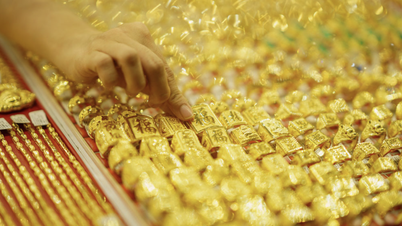
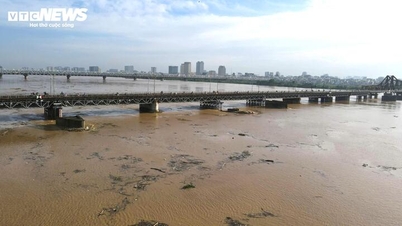


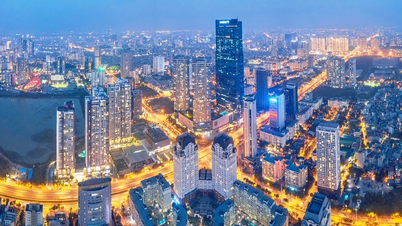
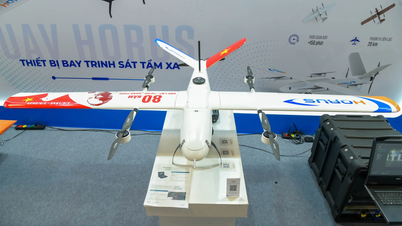










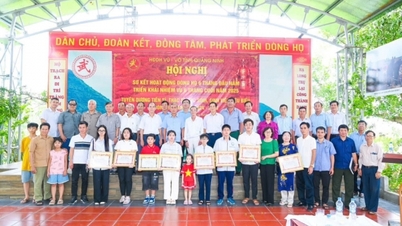

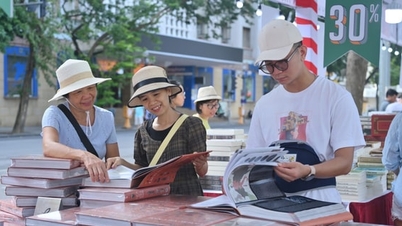






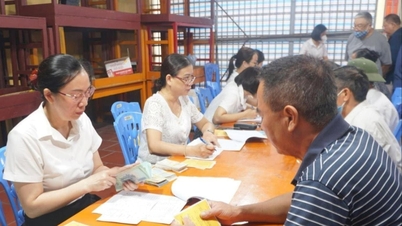















Comment (0)